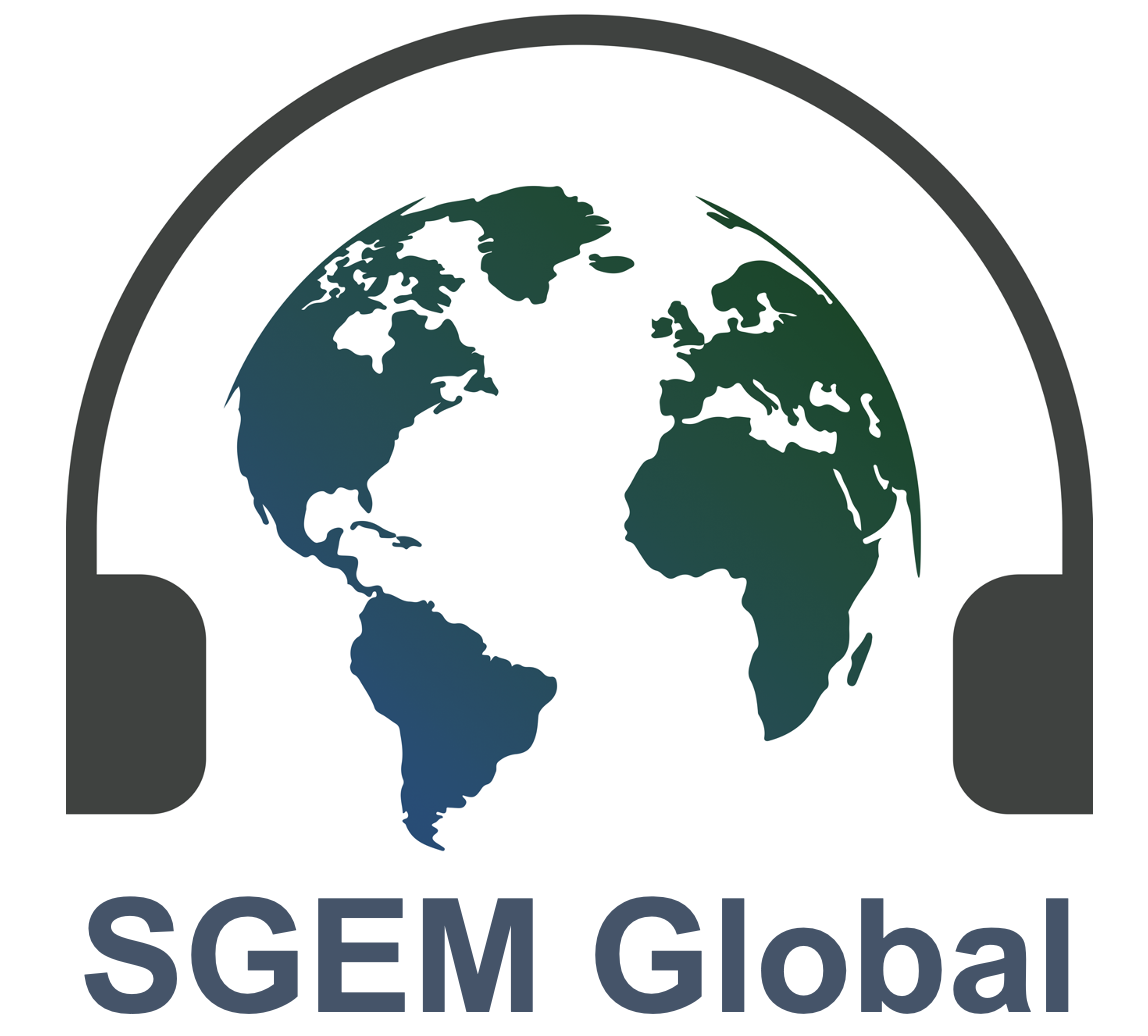Podcast: Play in new window
Subscribe: RSS
Date: September 11th, 2020
This is an SGEM Xtra episode. I was invited by the College of Physicians and Surgeons of Ontario (CPSO) to give a talk at their council meeting on burnout. It was an opportunity to share my journey and give an important message about kindness.
I have discussed burnout and wellness a number of times on the SGEM:
- SGEM#289: I Want a Dog to Relieve My Stress in the Emergency Department
- SGEM Xtra: CAEP Wellness Week 2019
- SGEM Xtra: On the Edge of Burnout
- SGEM Xtra: Don’t Give Up – The Power of Kindness
- SGEM#178: Mindfulness – It’s not Better to Burnout than it is to Rust
- SGEM Xtra: Five Tips to Avoid Emergency Medicine Burnout
Burnout vs. Moral Injury
The word burnout was coined by Herbert Freudenberger in 1974. He defined it as “a state of fatigue or frustration that resulted from professional relationships that failed to produce the expected rewards”.
A distinction between burnout and moral injury was made during the presentation. Moral injury has been defined as: “perpetrating, failing to prevent, bearing witness to, or learning about acts that transgress deeply held moral beliefs and expectations”. This was originally described in soldiers’ responses to their actions during war.


Journalist Diane Silver described moral injury in her State News article as “a deep soul wound that pierces a person’s identity, sense of morality, and relationship to society.” The moral injury of physicians is being unable to provide high-quality care they want to provide to their patients.
My struggle with Burnout
My struggle with burnout included the death of my father (Dr. Ken Milne Sr.) in November of 2018, the sudden death of my “little” brother Scottie (The Moose) in February 2020 and the unexpected death our family dog Moxy (best dog every) this summer. Much of this taking place in the context of the COVID19 global pandemic.
All the slides from this CPSO presentation can be downloaded and shared from this link. The CPSO video recorded the presentation and it should be available soon. There are also a number of references for further information on burnout.
- Shanafelt et al. Changes in Burnout and Satisfaction With Work-Life Balance in Physicians and the General US Working Population Between 2011 and 2014. Mayo Clin Proc 2015
- Shanafelt et al. Relationship Between Clerical Burden and Characteristics of the Electronic Environment With Physician Burnout and Professional Satisfaction. Mayo Clin Proc 2016
- West et al. Interventions to prevent and reduce physician burnout: a systematic review and meta-analysis. Lancet 2016

Dr. Goldman & BatDoc
One of the big lessons I have learned over the last two years is to be kinder. This was taught to me by my kindness mentor Dr. Brian Goldman from CBC show White Coat Black Art. He has published a book called The Power of Kindness: Why Empathy Is Essential in Everyday Life. I had the honour of interviewing Dr. Goldman on an SGEM Xtra.
We need to try to be kinder to ourselves, kinder to each other and kinder to each other. In a world where you can be anything, be kind.
College of Physicians and Surgeons of Ontario
The CPSO has recognized that our health care system is facing pressures and the COVID19 pandemic has made things even worse. The June 2020 eDialogue highlighted five things the college is doing to mitigate this increase in stress.
- Introduced Alternative Dispute Resolution mech as an option for the handling of low-risk matters
- Decreased the time to complete a complaint by 47% in 2019, compared to 2018
- Promoted connectedness through the quality improvement’s (QI) emphasis on peer interactions
- Encouraged professionalism to flourish by developing a QI framework that allows physicians to self-direct their learning
- Redesigned policies that allow physicians to immediately understand and access College expectations
Pills that can be hard to swallow – but can help a lot 
- Admitting that you’re not okay
- Asking for help
- Allowing yourself to feel your emotions
- Removing toxic people, habits and belief systems
- Learning to accept change
You can listen to the SGEM Podcast on iTunes or GooglePlay to hear more about my journey. Telling my personal burnout story is not to get sympathy or pity. Rather it is to remind you that everyone has a story. Everyone can be fighting a battle you know nothing about. My story is only unique because it is my story, everyone will have their own story, and we all can struggle facing our personal difficulties.
 While it can feel like we have the weight of the world on our shoulders right now please remember it is OK not to be OK. you do not need to be a super hero. Asking for help is a sign of strength and not a weakness. And don’t panic, this too shall pass.There are a number of resources available if you are struggling with burnout:
While it can feel like we have the weight of the world on our shoulders right now please remember it is OK not to be OK. you do not need to be a super hero. Asking for help is a sign of strength and not a weakness. And don’t panic, this too shall pass.There are a number of resources available if you are struggling with burnout:
- Physician Health Program
- ACEM Member Wellbeing
- ACEP Wellness Section
- CAEP Resident Wellness
- EMRA Wellness Committee
The SGEM will be back next episode with a critical appraisal of a recent publication. Trying to cut the knowledge translation window down from over ten years to less than one year using the power of social media (FOAMed). Our ultimate goal is for patients to get the best care, based on the best evidence.












You must be logged in to post a comment.